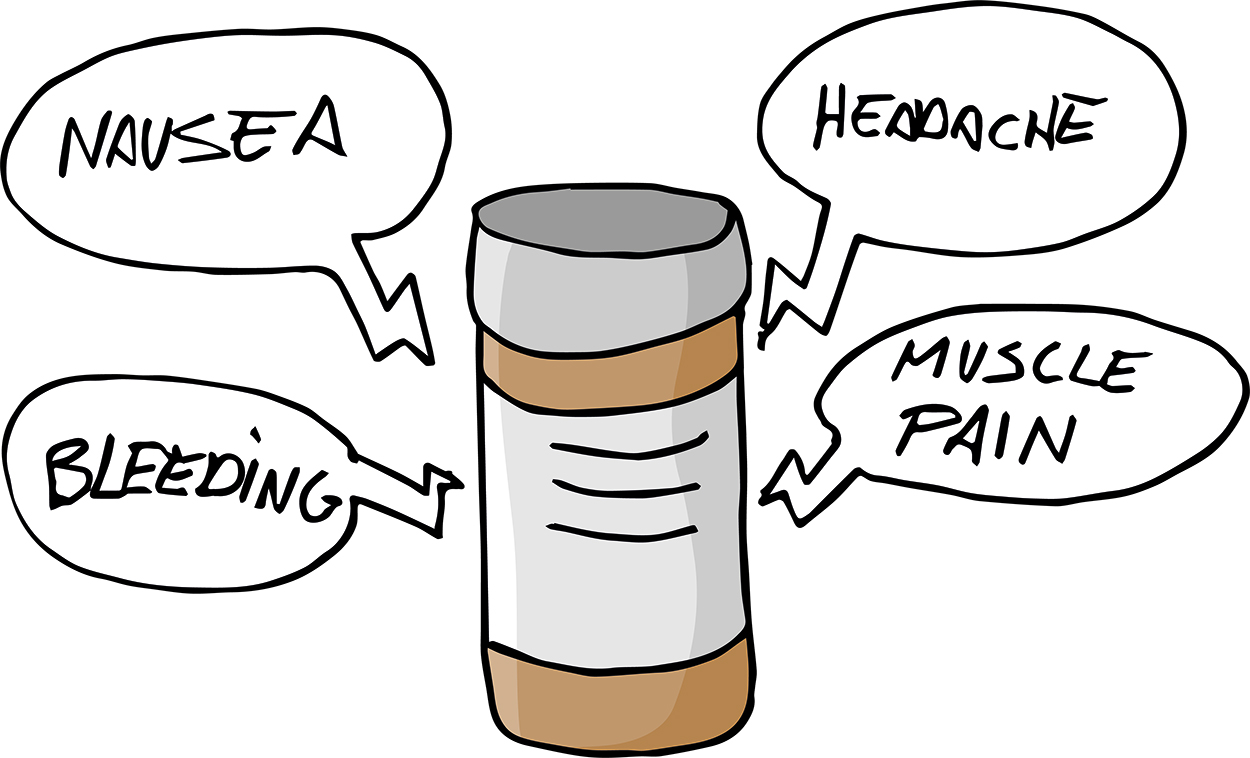Neurological Disorders
Disorders of the nervous system will be treated by neurosurgeon and may involve the following:
- Vascular disorders, such as stroke, transient ischemic attack (TIA), subarachnoid hemorrhage, subdural hemorrhage and hematoma, and extradural hemorrhage
- Infections, such as meningitis, encephalitis, polio, and epidural abscess
- Structural disorders, such as brain or spinal cord injury, Bell's palsy, cervical spondylosis, carpal tunnel syndrome, brain or spinal cord tumors, peripheral neuropathy, and Guillain-Barré syndrome
- Functional disorders, such as headache, epilepsy, dizziness, and neuralgia
- Degeneration, such as Parkinson disease, multiple sclerosis, amyotrophic lateral sclerosis (ALS), Huntington chorea, and Alzheimer disease
Signs and symptoms of nervous system disorders
The following are the most common general signs and symptoms of a nervous system disorder. However, each individual may experience symptoms differently and a good neurosurgeon able to detect it easily. Symptoms may include:
- Persistent or sudden onset of a headache
- A headache that changes or is different
- Loss of feeling or tingling
- Weakness or loss of muscle strength
- New language impairment
- Muscle rigidity
- Tremors and seizures
- Back pain which radiates to the feet, toes, or other parts of the body
- Muscle wasting and slurred speech
- Loss of sight or double vision
- Memory loss
- Impaired mental ability
- Lack of coordination
The symptoms of a nervous system disorder may look like other medical conditions or problems. Always see your healthcare provider for a diagnosis.
If you suspect that you or a loved one may be suffering from one of these issues, you may also be wondering about what causes a neurological disorder. The causes of such dysfunction can be quite diverse. Both the spinal cord and brain are insulated by numerous membranes that can be vulnerable to force and pressure. The peripheral nerves located deep under the skin can also be vulnerable to damage. Neurological disorders can affect an entire neurological pathway or a single neuron. Even a small disturbance to a neuron’s structural pathway can result in dysfunction. As a result, neurological disorders can result from a number of causes, including:
- Lifestyle-related causes
- Infections
- Genetics
- Nutrition-related causes
- Environmental influences
- Physical injuries

Physical symptoms of neurological problems may include the following:
- Partial or complete paralysis
- Muscle weakness
- Partial or complete loss of sensation
- Seizures
- Difficulty reading and writing
- Poor cognitive abilities
- Unexplained pain
- Decreased alertness
If you are concerned about a possible neurological disorder, it is important to seek professional medical assistance and need to meet the best neurosurgeon in Delhi. A number of medical examinations can be performed to diagnose the presence of a possible neurological condition. Such tests may include genetic screening, a neurological exam, brain scans and other tests. Even though all self-administered tests or self-assessments cannot positively identify the presence of a neurological disorder, if you have noticed any of the following complaints, you may wish to seek professional assistance with the best neurosurgeon:
- Headaches
- Blurry vision
- Fatigue
- Changes in behavior
- Numbness in the legs or arms
- Changes in coordination or balance
- Weakness
- Slurred speech
- Tremors

Medication: Drug Options for Neurological Issues
While it is understandable that the thought of being diagnosed by specialist doctor with a neurological disorder may be frightening, it is important to understand that drug options for neurological issues are available. Such options can help you or your loved one to better manage your condition, reduce symptoms and improve your quality of life.
Neurological Drugs: Possible Options
The type of medication that may be used for the treatment of your neurological disorder will depend on your condition. Possible options for neurological drugs may include corticosteroids, which are often indicated for the treatment of multiple sclerosis. This type of medication may assist with decreasing inflammation. Dopamine-affecting drugs, such as Levodopa, are commonly used in the treatment of Parkinson’s to help with rigidity and tremors.


Medication Side Effects
When taking medication for the treatment of any condition or disorder, it is important to understand that you may experience certain side effects. Medication side effects related to the treatment of neurological disorders can vary based on your own situation and the type of medication in question. In some instances, it may be possible to develop dependence to the medication you are taking. This can occur even if it is a prescription medication, and you are taking it for the treatment of a serious health problem, such as a neurological disorder.
Drug Addiction, Dependence and Withdrawal
If you have developed a drug addiction, dependence and withdrawal are two critical components you need to understand. Dependence can develop when you take medication over a period of time. Depending on the addictive nature of the medication and your own personal situation, dependence can sometimes develop quickly. If you do become dependent on your medication, you will experience withdrawal symptoms when you abruptly stop taking the medication. Symptoms can include headaches, nausea and tremors.
Addiction generally means you also have a psychological dependence on the medication in addition to a physical dependence